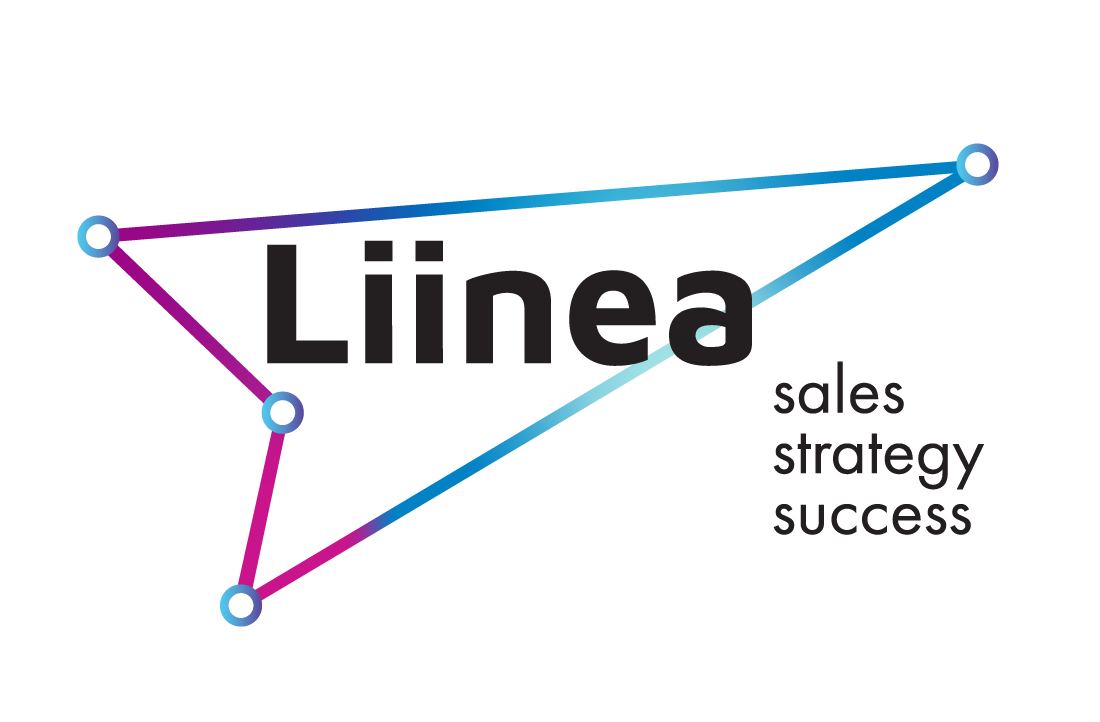Karina Collis
The most powerful
word in negotiation
What is anchoring and how to protect yourself from manipulation?
word in negotiation
What is anchoring and how to protect yourself from manipulation?
By Karina Collis, April 2021
Imagine you are selling a unique collection car. One day your neighbour approaches you, asking "How much do you want for this car?". Should you give him the price or instead ask how much he is willing to pay for it?
Today I will share a secret about how to start a negotiation from a position of power!
In a negotiation, who should make the first offer? Every time I ask this question to a large audience, it splits almost equally. One half argues that you should first understand what the other side is prepared to offer. The other part says that if you want to start from a position of power, you need to put forward your conditions first. So who is right?
Have you recently come across an ad on Instagram or Google where a product was reduced from a very high price to a ridiculously small amount, say from 199 euros to 39 euros? If your initial reflex was, "I need to buy it right now", you've become a victim of a psychological effect called Anchoring.
Today I will share a secret about how to start a negotiation from a position of power!
In a negotiation, who should make the first offer? Every time I ask this question to a large audience, it splits almost equally. One half argues that you should first understand what the other side is prepared to offer. The other part says that if you want to start from a position of power, you need to put forward your conditions first. So who is right?
Have you recently come across an ad on Instagram or Google where a product was reduced from a very high price to a ridiculously small amount, say from 199 euros to 39 euros? If your initial reflex was, "I need to buy it right now", you've become a victim of a psychological effect called Anchoring.
Anchoring - is our cognitive bias, one where we tend to use the initial price (or initial piece of information) that is offered as a reference point (or anchor) for future judgements and decisions.
That is why when you see a price reduction from 199 to 39 euro, you are initially anchored to the higher price of 199 and 39 looks ridiculously low. In negotiation, Anchoring works exactly like that.
Anchors become hard-wired in our brain and we subconsciously use them as a reference point for making decisions.
Anchors improved the results of nearly all my negotiations. It is also confirmed by many studies that Anchoring has a significant impact on the deals that negotiators reach.
Anchors become hard-wired in our brain and we subconsciously use them as a reference point for making decisions.
Anchors improved the results of nearly all my negotiations. It is also confirmed by many studies that Anchoring has a significant impact on the deals that negotiators reach.

What is the most powerful word in negotiation?
So let's get back to our example of you selling a collection car. One day your neighbour approaches you with the question "How much do you want for this car"? If you ask him in return, "how much do you offer?", there is a high chance that your neighbour will suggest an anchor, and you will end up making a deal at a low price. To avoid this scenario, go first instead. Put forward your highest price first. But don't stop here, add the most powerful word in negotiation, the word BECAUSE. BECAUSE is a magical word for influence. It is proven that when you use BECAUSE to give your reason why, your offer becomes twice more powerful.

Robert Caldini "Influence. The Psychology of Persuasion"
The influential power of because was tested almost a half-century ago for the first time. One of these tests is described in the legendary book by Robert Caldini "The influence". The participants of the experiment were asked to cut the line of people waiting to take a photocopy by asking if they could quickly make a copy of just a few pages. Those who said "Excuse me, I only have 5 pages. May I make just one copy?" faced a rejection rate of almost 50%. Those who used BECAUSE in their approach received almost no rejections. What is funny, is that the reason they used was not very strong. They said, "may I make a copy because I am in a rush". But the persuasive power of BECAUSE lead them to the desired outcome.
So use Anchoring and use BECAUSE to introduce strong reasons why your price is valid, to give more power to your request. Use phrases like "My target price is X because [one or two reasons]". Or "I charge X for my services because it is a fair market rate for my level of experience and expertise".
Be ready to make a small concession to demonstrate that you are willing to take a step towards your counterpart. For that, you need plan ahead and prepare your list of further anchors to know at what level you are willing to make a deal and when it is better to walk away. It is very likely that you will close your deal at a higher level.
So use Anchoring and use BECAUSE to introduce strong reasons why your price is valid, to give more power to your request. Use phrases like "My target price is X because [one or two reasons]". Or "I charge X for my services because it is a fair market rate for my level of experience and expertise".
Be ready to make a small concession to demonstrate that you are willing to take a step towards your counterpart. For that, you need plan ahead and prepare your list of further anchors to know at what level you are willing to make a deal and when it is better to walk away. It is very likely that you will close your deal at a higher level.
How to protect yourself from being anchored?
But hold on... What if Anchoring is used against you? How can you protect yourself from being manipulated into the higher pricing range? How can you counteract with Anchoring? Remember, if you notice that your counterpart uses Anchoring, your goal is to move away from this anchor as soon as possible.
For example, imagine that you want to buy a painting at a flea market. You are asking "how much?" and in return, you hear "it's 500". The worst you can do is to start repeating "500? Are you serious? 500? It is not worth 500!". By repeating the anchor, you are giving it more legitimacy. And it becomes more real. So for a start don't ever repeat an anchor and move away from it as soon as possible. Here are four ways to protect yourself from being anchored.



Defensive tactic n1. Move away from Anchoring
By changing the topic, for example. (Women are usually very good at switching topics, so I am sure you will not have any problems with that). It will allow you to go back to the negotiation later on by introducing your own anchors. In business, you can suggest discussing other parameters first, for example, delivery time or prepayment conditions.
Defensive tactic n2. Understand reasoning
Another way to destroy anchors is to understand the reasoning behind them. You will likely find weak points that will allow you to negotiate the price down.
Defensive tactic n3. Label anchoring
You can also label Anchoring by saying, "I understand that you are trying to using anchoring, but let's rather come up with the factors that should drive to a fair price".
Defensive tactic n4. Reject the anchor
The easiest thing you can do with an anchor is to reject it. An effective counter toan ask that is well beyond reasonable is:
"It doesn't sound like we are on the same page; let's start over because it will help us both to take into account all reasons and factors that are at play".
Instead of just saying "no", mention reasons why it doesn't make sense and propose to start over with a more realistic and acceptable basis.
"It doesn't sound like we are on the same page; let's start over because it will help us both to take into account all reasons and factors that are at play".
Instead of just saying "no", mention reasons why it doesn't make sense and propose to start over with a more realistic and acceptable basis.





